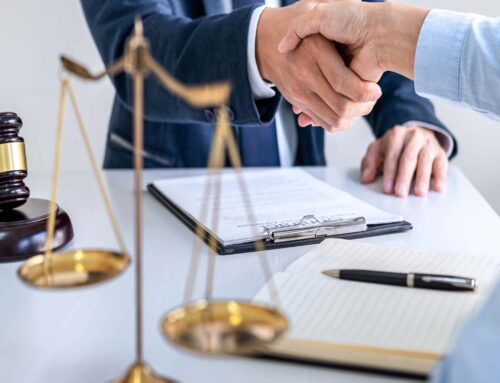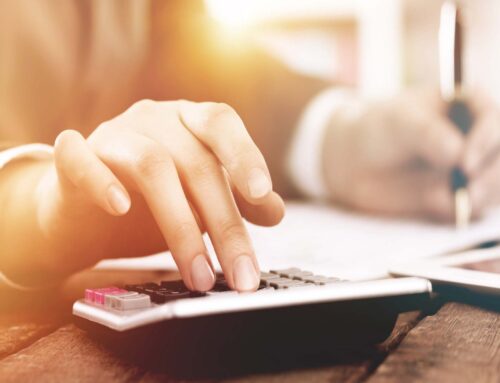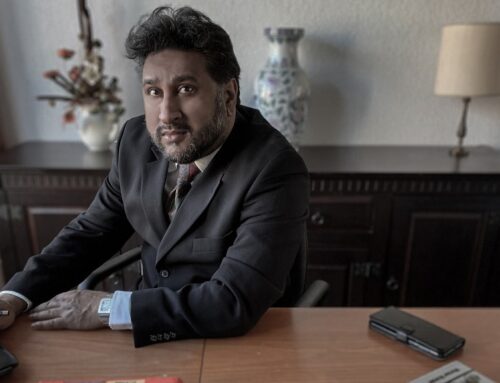
Wallonia is significantly upgrading its airport infrastructure and continuing to add to its attractions for visitors, air companies and investors. Carlo di Antonio, Wallonia’s Minister of Environment, Spatial Planning, Mobility and Airports and Animal Welfare discusses projects currently underway.
European Times: How is Wallonia upgrading its airport infrastructure?
Carlo di Antonio: Paris Airports has acquired a 25% share in Liege Airport, which means that our airport will benefit from new expertise and an expanded international network that Paris Airports will bring. Millions of euros will be invested in the airport in the future. In addition, the cargo-handling facility at Liege Airport is open 24 hours per day. Liege Airport can accommodate large aircraft and has signed an agreement with a Chinese operator. We are also building a new terminal for Charleroi’s airport, which is primarily a passenger airport. It was built to handle three million passengers per year and currently handles seven million.
European Times: Why should tourists visit Wallonia?
Carlo di Antonio: Wallonia has many unspoiled natural attractions as well as many festivals year-round. Its cities are very welcoming with interesting architecture – such as in Mons – and diverse cultural attractions. Wallonia is reaching new tourism markets and now attracts many visitors from China each year.
European Times: What are some of your current environmental-protection initiatives?
Carlo di Antonio: Wallonia has cut its carbon emissions in half, thanks to the closing of many industries which produced large amounts of CO2. Other projects currently underway include better insulating houses to reduce energy loss and improving our public-transport systems to cut down on the number of cars on our roads. We are also working to fight waste of agricultural products, which is currently around 30%. We are completing a study to help us reduce this waste.
European Times: What are you doing to attract foreign investment to Wallonia?
Carlo di Antonio: We are cutting down on bureaucratic red tape concerning obtaining licenses, because the process has been too time-consuming and this has discouraged investors. We are also changing some regulations to make it easier for companies to build new facilities in the region. Wallonia will continue to support environmental-protection measures but the government has no plans to introduce new environmental taxes. Instead, we will focus more on waste management and recycling. For example, we are developing ways to use waste as a source of energy. With better waste management, everyone wins.




